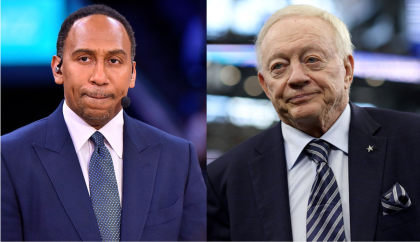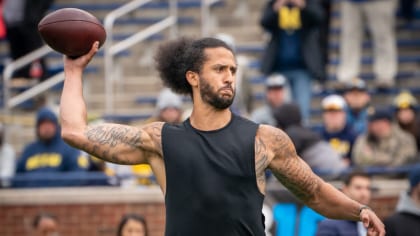Media reaction to Jerry Jones shows that white men suffer no consequences
OPINION: In America, influential white men pay no price for their racism and criminal behavior. And when the media fails to call it out, the news fades away.
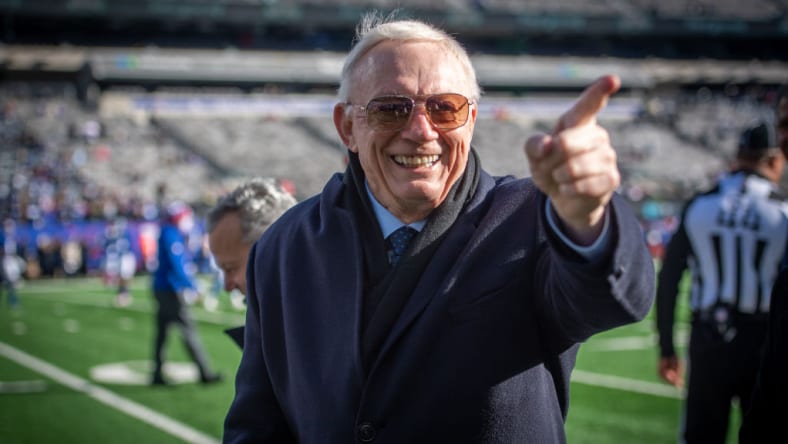
Editor’s note: The following article is an op-ed, and the views expressed are the author’s own. Read more opinions on theGrio.
Will influential white men ever suffer consequences for the bad things they do? Do the news media even care?
When you look at those photos from the 1950s and 1960s of Black students integrating a school, you’ll undoubtedly see some white people — young people and adults alike — harassing, bullying and terrorizing those Black children. One of those white boys was Jerry Jones, now the owner of the Dallas Cowboys. A teenage Jones appeared in a 1957 photo with his fellow white boys at a desegregation protest blocking Black students from integrating North Little Rock High School in Arkansas.
And LeBron James wants to know why the media refused to ask him about that.
“I got one question for you guys before you guys leave,” James said recently after the Los Angeles Lakers beat the Portland Trail Blazers.
“I was thinking when I was on my way over here, I was wondering why I haven’t gotten a question from you guys about the Jerry Jones photo. But when the Kyrie [Irving] thing was going on, you guys were quick to ask us questions about that.”
LeBron was referring to the NBA’s suspension of Irving for posting about a movie with antisemitic content based on the Ronald Dalton book, “Hebrews to Negroes: Wake Up Black America!”
This came as Kanye West, or Ye as he is now known, had a well-earned comeuppance after praising Hitler, claiming the Jewish conspiracy was coming for him and breaking bread with a Holocaust denier. All kinds of companies such as Adidas, Gap, Foot Locker and others ended their contracts with Kanye West, and with good reason. However, Black people warned you about Kanye and his anti-Black statements for years. After all, he claimed slavery was a choice, made scurrilous allegations about George Floyd and recently palled around with Candace Owens, both sporting “White Lives Matter” T-shirts in Paris.
Black celebrities, athletes and high-profile individuals must apologize for whatever they or other Black people have said and done. In fact, some Black figures face consequences for doing nothing bad, but rather for doing good. Colin Kaepernick was ceremoniously shut out of the NFL for his pre-game ritual of kneeling during the national anthem — against police brutality and in support of Black lives. That potent but silent and respectful show of political protest was unsettling to white NFL owners and brass — and Trump — who felt Kaepernick was un-American, unpatriotic, and who went against the white, all-American, apple pie media image the NFL portrayed for white fans. This, in a league of mostly Black players and mostly white owners and coaches.
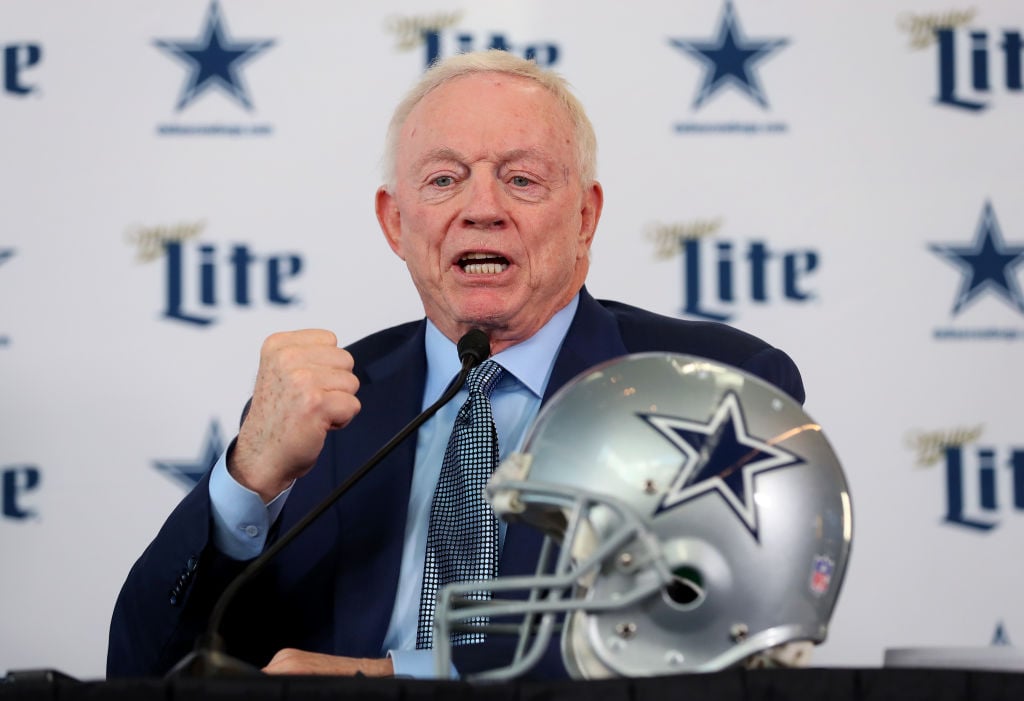
One of those NFL owners who spoke out against kneeling was Jerry Jones, who said that whoever “disrespects the flag” won’t be allowed to play for him. Jones, who is influential in the league and has not hired a Black head coach, is an example of white men, especially rich, old white men with stature who are not held accountable for their troubling past. Not only do they face little-to-no consequences for what they did, but they also fail to redeem themselves and they use their influence to make life difficult for us today. White teens who harassed Black kids during the civil rights movement are now adults who use their money and power in the 2020s to keep Black people down, poisoning our environment with white supremacy in the present day.
And what about Brett Favre? Another example of allegations of wrongdoing without being held accountable, Favre, a former NFL star, is accused of being involved in a scheme that funneled millions in welfare funds to build a volleyball arena at the University of Southern Mississippi, where his daughter attends and plays volleyball. There is a lawsuit to recoup funds in what has become the largest public fraud case in the history of Mississippi, which happens to be the poorest and Blackest state. Favre may very well face a penalty — or not — but the public really doesn’t care a whole lot when a white figure is involved. Where is the public shaming and lost product endorsements for a wealthy white man who reportedly stole money from the poor?
This is way bigger than Jerry Jones and Brett Favre. As we wait to see whether former President Trump and other leaders will face accountability for their role in the Jan. 6 insurrection, we must ask why hundreds of foot soldiers in that coup attempt face prison, yet the masterminds continue to walk among us, even continue to hold high-level government jobs, collect government paychecks and manage federal money? Why do allegations of criminality in high places require congressional commissions and special counsels to decide whether the criminality of overthrowing the government deserves criminal prosecution?
And why didn’t the Obama administration prosecute anyone responsible for the 2008 Wall Street financial crisis and the subprime mortgage scandal that created historic losses in Black wealth?
In America, influential white men pay no price for their racism and criminal behavior, as they use their influence to keep Black people down. And when the media fails to call it out, the news fades away.
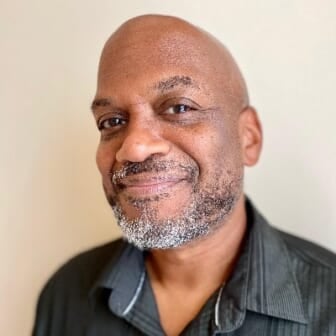
David A. Love is a journalist and commentator who writes investigative stories and op-eds on a variety of issues, including politics, social justice, human rights, race, criminal justice and inequality. Love is also an instructor at the Rutgers School of Communication and Information, where he trains students in a social justice journalism lab. In addition to his journalism career, Love has worked as an advocate and leader in the nonprofit sector, served as a legislative aide, and as a law clerk to two federal judges. He holds a B.A. in East Asian Studies from Harvard University and a J.D. from the University of Pennsylvania Law School. He also completed the Joint Programme in International Human Rights Law at the University of Oxford. His portfolio website is davidalove.com.
TheGrio is FREE on your TV via Apple TV, Amazon Fire, Roku, and Android TV. Please download theGrio mobile apps today!
